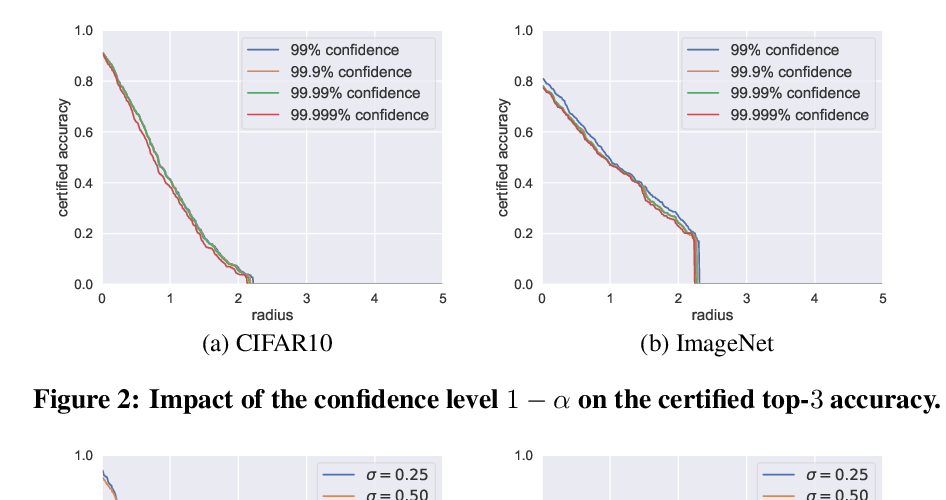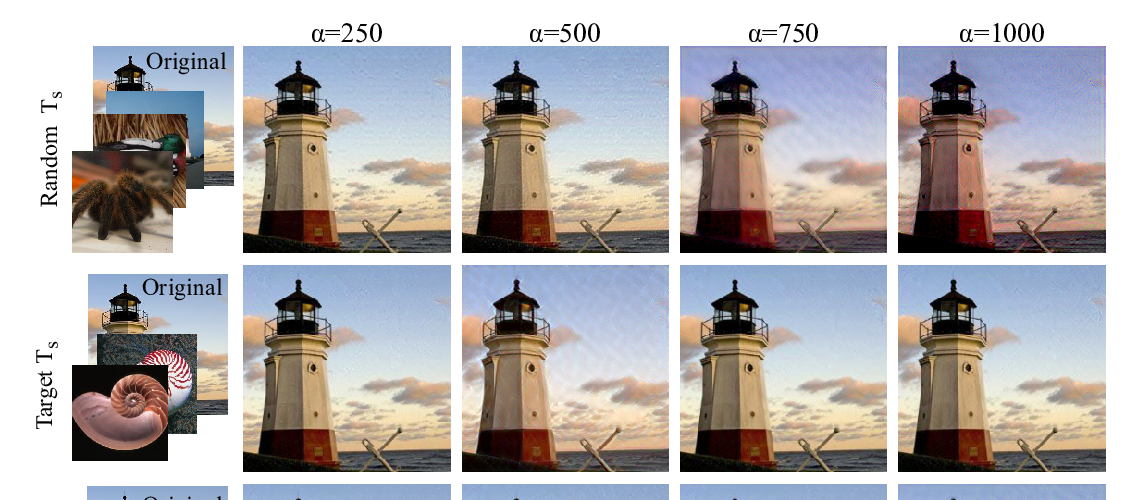Abstract:
Formal verification techniques that compute provable guarantees on properties of machine learning models, like robustness to norm-bounded adversarial perturbations, have yielded impressive results. Although most techniques developed so far require knowledge of the architecture of the machine learning model and remain hard to scale to complex prediction pipelines, the method of randomized smoothing has been shown to overcome many of these obstacles. By requiring only black-box access to the underlying model, randomized smoothing scales to large architectures and is agnostic to the internals of the network. However, past work on randomized smoothing has focused on restricted classes of smoothing measures or perturbations (like Gaussian or discrete) and has only been able to prove robustness with respect to simple norm bounds. In this paper we introduce a general framework for proving robustness properties of smoothed machine learning models in the black-box setting. Specifically, we extend randomized smoothing procedures to handle arbitrary smoothing measures and prove robustness of the smoothed classifier by using f-divergences. Our methodology improves upon the state of the art in terms of computation time or certified robustness on several image classification tasks and an audio classification task, with respect to several classes of adversarial perturbations.



